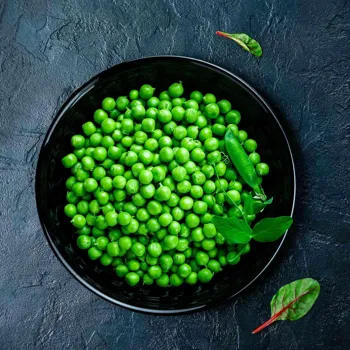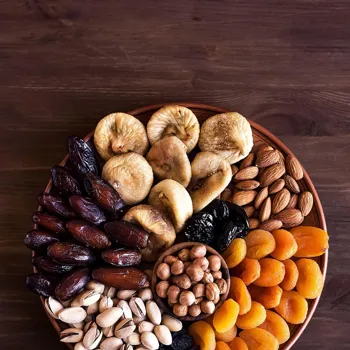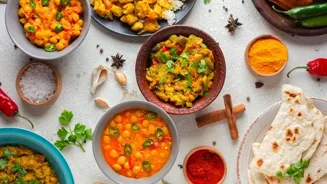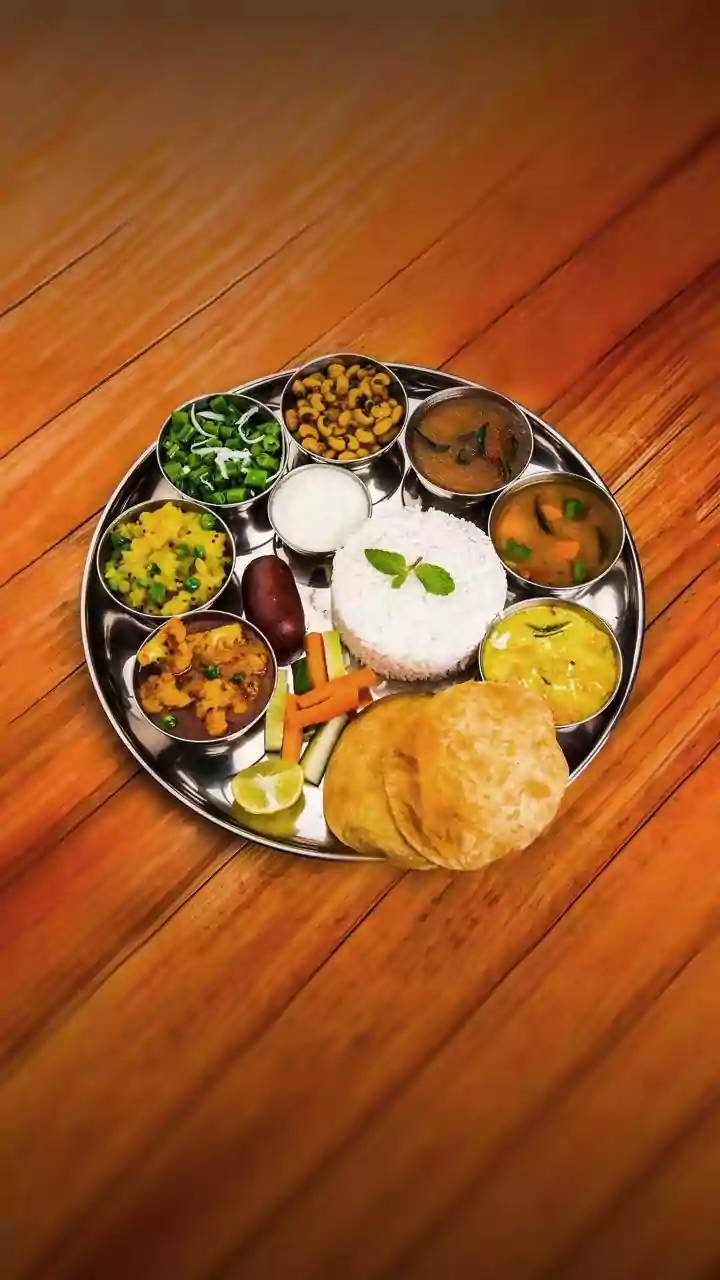Discover the hidden gems of Indian cuisine! Uncover 10 surprising facts that will change how you see food. Let's explore together!
Namaste, food lovers! We all think we know Indian cuisine – the rich curries,
the flavourful spices, the warm bread. But, trust us, there's more to our culinary heritage than meets the eye.
Prepare to have your taste buds titillated and your minds blown with these 10 surprising facts about Indian food. Some of these are deeply rooted in history. Others are more about smart ways of doing things in the kitchen. Let's dive in!
Curry not a single dish in India, diverse regional specialties
For starters, you might be surprised to learn that 'curry' as one unified dish doesn’t really exist in India. That's right! It’s more of a blanket term used by the West to describe a variety of dishes with spiced sauces.
In India, we have countless regional specialities, each with its own unique name, ingredients, and cooking methods. From the creamy butter chicken of the North to the tangy sambar of the South, the possibilities are truly endless. Each region has its method of using spices, so, it tastes unique.
So, next time when you are in India, remember to say the real name of dish and not the curry!
Vegetarianism deeply rooted in Indian culture, history, and religions
Did you know that vegetarianism has a very long history in India? It’s not just a modern trend; it’s deeply ingrained in our culture and religious beliefs.

Many religions in India, such as Hinduism, Jainism, and Buddhism, promote vegetarianism as a way of life, emphasizing non-violence and respect for all living beings.
Due to these beliefs, a huge variety of vegetarian dishes developed over centuries, employing inventive combinations of vegetables, legumes, and spices. It's safe to say that India is a vegetarian's paradise, offering a vast array of delicious and nutritious options.
Vegetarian is not a new lifestyle here; it is passed down from ancestors.
Indian spices: art of flavor balance, health benefits in cuisine
Now, about spices. Many think spices are just about making food hot. But in India, they are an art! It is a careful balancing act of flavors and aroma. Each spice has its specific role like adding warmth, sweetness, tanginess and earthiness.
Indian cooks expertly blend numerous spices to make complex, layered flavors in their dishes. Using spices is not just about taste; they also have great health benefits. Ginger helps to digest food. Turmeric is a natural antiseptic. Cumin helps in digestion.
Indian cuisine is a delicious and healthy adventure.
Another surprise
Indian sweets are not all about sugar overload! While some sweets are, many others use natural sweeteners and ingredients that are good for you. Think about dates, figs, jaggery (unrefined sugar), and nuts. Indians make sweets not only delicious but also nutritious.

Many traditional Indian sweets are made with milk solids (khoya) and are rich in protein. These are often offered as prasad (holy offering) in temples and are a great way to celebrate festivals. So, next time you want a treat, choose an Indian sweet.
Indian meals pair yogurt dishes for taste and health benefits
Ever wondered why Indian meals often come with a yogurt-based dish like raita or lassi? Well, that is not just a tasty addition but also a practical one! These cool, creamy dishes help to balance the heat of the spices and have a calming effect on the stomach. Yogurt is a natural probiotic.
It is excellent for digestion and gut health. Lassi, a yogurt-based drink, can even help to prevent dehydration during hot summers. It is a healthy combination. So, next time, when eating Indian food, do remember to pair it with yogurt.
Indian cuisine offers a variety of mild and sweet dishes beyond spicy options
Contrary to popular belief, not all Indian food is super spicy. While some dishes can be quite fiery, there is a huge variety of mild and sweet options that can suit any palate. The level of spice varies depending on the region, the dish, and personal preference.
In fact, many dishes use spices to create a more flavourful taste, rather than only for heat. For example, dishes like korma and malai kofta are known for their creamy, mild flavours, suitable for those who don't enjoy spicy food.
So, do not be scared; there is something for everyone in Indian cuisine.
AI Generated Content. Glance/InMobi shall have no liability for the content




















